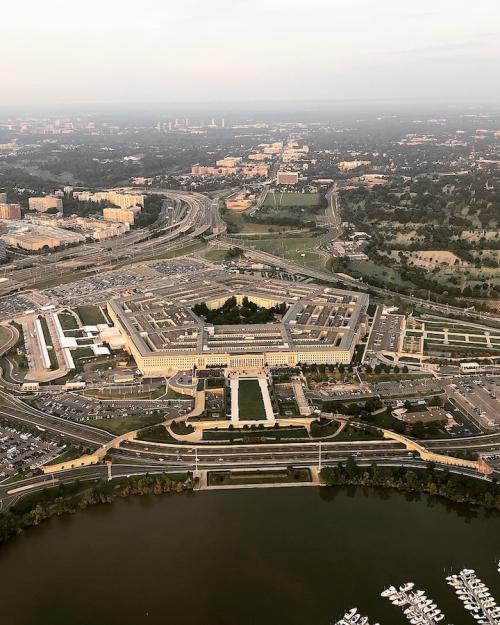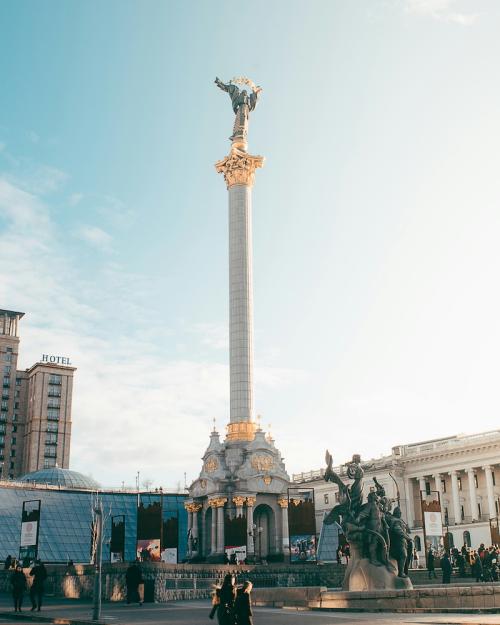More than a dozen Western leaders attended events in Ukraine on Monday, to mark the third anniversary of Russia’s invasion. Many pledged more military aid, while the Trump administration’s position is increasingly aligned with Russia.
The following Cornell University experts are available to discuss where the conflict stands now, and what the endgame looks like going forward.
Nicholas Mulder is an assistant professor of history and studies the origin and effects of economic sanctions.
Mulder says: “Due to Russia’s policy response and fast global trade realignment, the sanctions have not substantially changed the course of the war, but this does not mean that the Russians would not like to have them lifted.
“Although they have been limited in their use as a tool of degradation, they may still present a valuable bargaining tool to aid Ukraine. European countries in particular could deploy the $300 billion in frozen Russian assets as collateral for a peace settlement, placing them in trust and continuing to divert profits to Ukraine in perpetuity.
“If a ceasefire or settlement breaks down, these funds could then be made immediately available to fund Ukraine’s defense–a pre-planned massive financial commitment, twice as large as EU aid to Kyiv to date, that could act as a powerful deterrent against a future Russian attack.”
David Silbey is an adjunct associate professor of history at Cornell University, specializing in military history, defense policy and battlefield analysis.
Silbey says: “I think that this is a year when the war will change substantially, which might mean peace, or a situation where US support for Ukraine is drastically reduced or eliminated, and Europe tries to support a continuing Ukrainian effort.
“President Trump has been consistent about saying that he will end the war this year. Doing that is going to favor the Russians, partly because of Trump’s affinity with Putin but largely because of facts on the ground. The Russians control the eastern part of Ukraine and have been advancing (if slowly and painfully) westward.
“To end the war this year likely means a settlement where Russia holds on to those areas and Ukraine remains (at best for them) neutral or (at worst) becomes controlled by Russia. If they reject that, I don’t see Europe being able to support them militarily — the European nations don’t really have the capacity (in munitions production, for example) to make up for American resources.”
For interviews contact Adam Allington, cell (231) 620-7180, adam.allington@cornell.edu.




